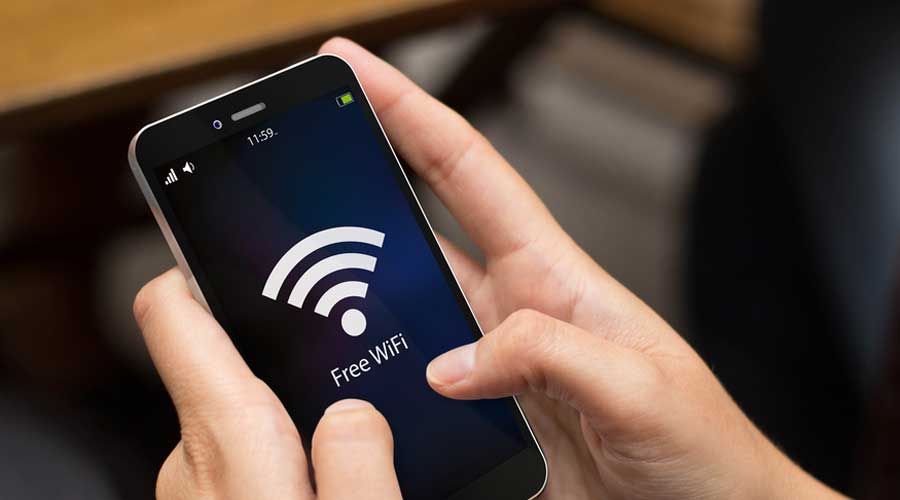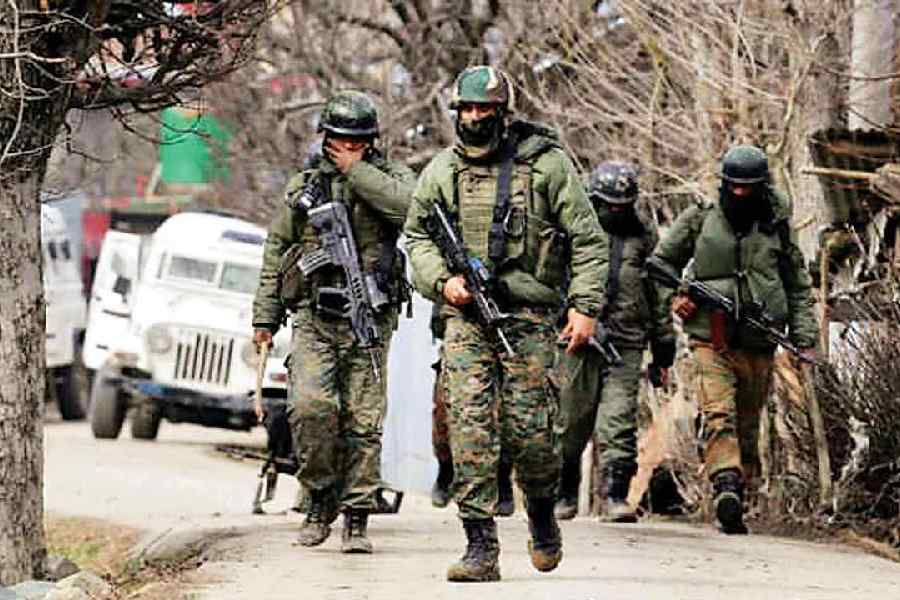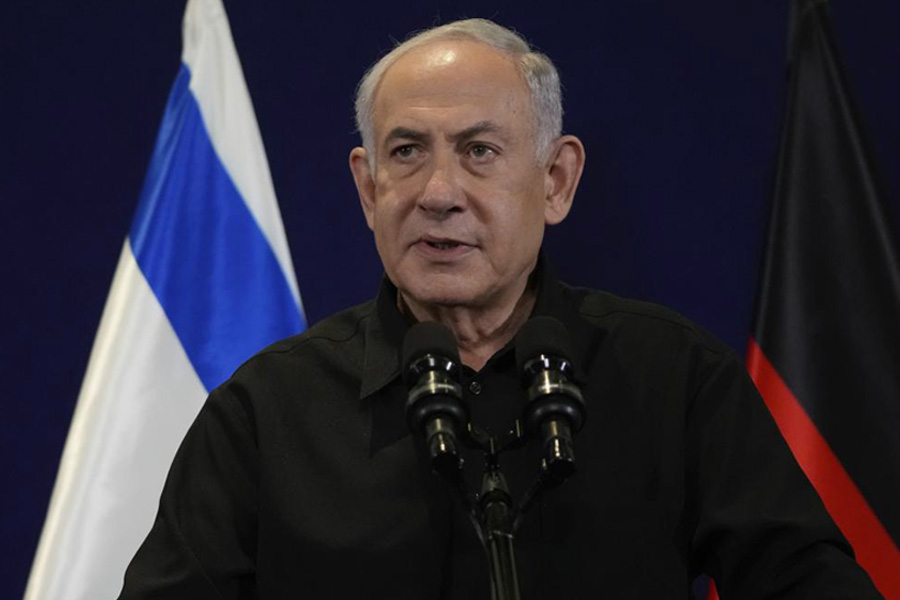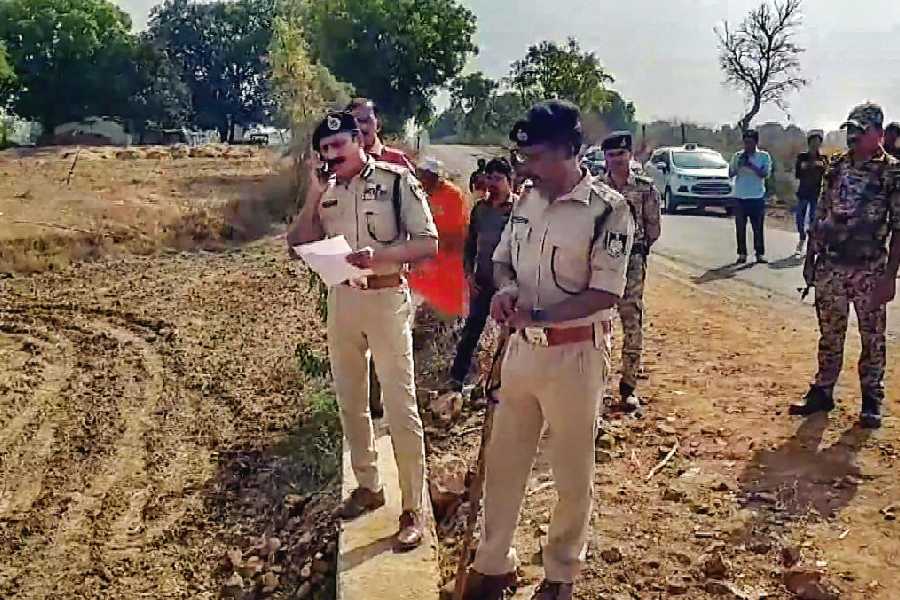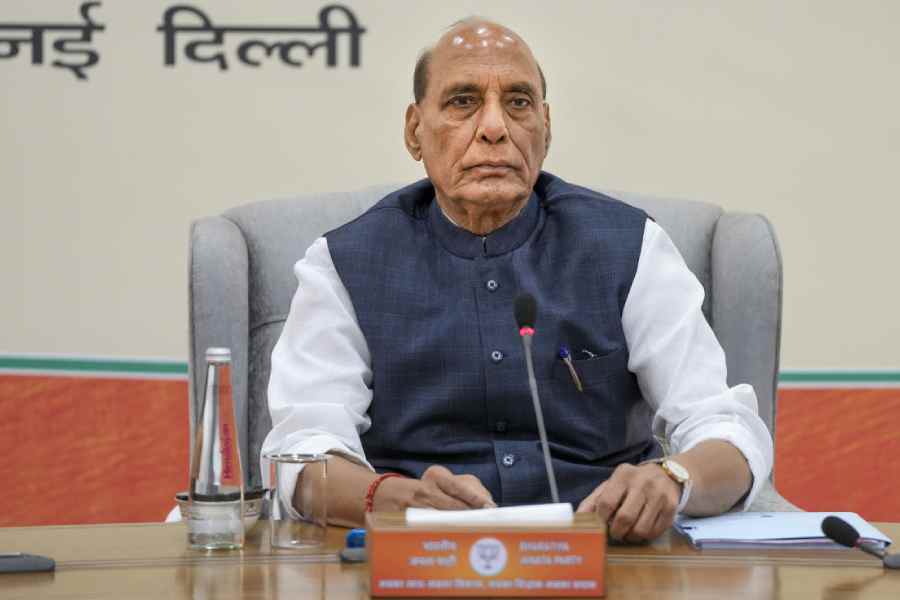In a move to drive broadband penetration in the country, the government on Wednesday approved the setting up of public Wi-Fi networks through public data offices that will not involve any licence, fee or registration.
The public Wi-Fi Access Network Interface will be known as PM-WANI. The cabinet approved the setting up of these public Wi-Fi networks involving multiple players — Public Data Office (PDO), Public Data Office Aggregators and app providers.
Speaking to reporters after the cabinet meeting, communication minister Ravi Shankar Prasad said that businesses can take services from Bharti Airtel, Reliance Jio or any such internet service provider (ISP) and use their physical location to provide Wi-Fi to anyone who happens to be nearby.
“The Cabinet has cleared the PM-WANI public WiFi project that will unleash a broadband revolution in India and empower the lives of ordinary Indians, much like the PCO model of past decades that drove mass proliferation of basic telephone services,” Communication Minister Ravi Shankar Prasad told reporters after the Cabinet meeting.
"No licence, no registration, and no fee would be applicable for the PDOs, which could be small shops or even Common Service Centres," Prasad said.
The minister also said that businesses can take services from Bharti Airtel, Reliance Jio or any such internet service provider (ISP) and use their physical location to provide Wi-Fi to anyone who happens to be nearby.
The policy comes at a time when there mounting data demand from consumers strains the telecom networks. Telcos have been complaining that they do not have the spectrum necessary to provide high speeds and serve large amounts of data demand. A high number of public WiFi hotspots could serve increased demand from mobile internet users who do not have fixed broadband connections.
Prasad said the Public Data Office (PDO) will establish, maintain and operate Wi-Fi Access Points and deliver broadband services to subscribers, while Public Data Office Aggregator (PDOA) will act as an aggregator of PDOs and perform the functions relating to authorisation and accounting.
App providers will be responsible for developing applications to register users and discover WANI compliant Wi-Fi hotspots in the nearby area and display the same within the app for accessing the internet service. A Central Registry will maintain the details of app providers, PDOAs, and PDOs.
"To begin with, the Central Registry will be maintained by C-DoT," an official release said.
No registration would be required for PDOs, while PDOAs and app providers will get themselves registered with the telecom department through the online registration portal without paying any fee. The registration will be granted within seven days of applying.
"This is expected to be more business-friendly and in line with efforts for ease of doing business. COVID-19 pandemic has necessitated delivery of stable and high-speed Broadband Internet (data) services to an increasingly large number of subscribers in the country, including areas which do not have 4G mobile coverage. This can be achieved by deployment of Public Wi-Fi," the release said.
Further, the proliferation of public Wi-Fi will not only create employment, but enhance disposable income in the hands of small and medium entrepreneurs and boost GDP (gross domestic product) of the country, it added.
The Telecom Regulatory Authority of India (TRAI) had held two sets of consultations way back in 2016 - one on a policy for proliferation of public WiFi hotspots, and another on an interoperable framework for these hotspots, involving Aadhaar authentication for users.
The Cabinet has also approved the laying of undersea submarine optical fibre cable to provide high-speed broadband to Lakshadweep, he said.

